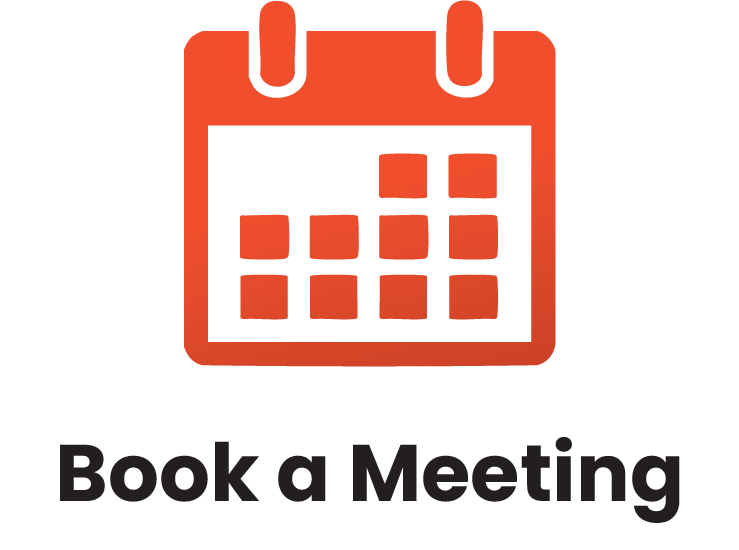Interactive training sessions led by experienced facilitators.
What is In-Person, Instructor-Led Training?
Our in-person training is delivered by a live facilitator who works directly with your team at your location. It’s our most popular format because it allows for real-time interaction, hands-on learning, and direct support.
Every session is tailored to your team’s specific goals, industry, and challenges—no generic, one-size-fits-all programs. Whether it’s a single session or a full training series, we design the experience to be relevant, practical, and fully aligned with your needs.
What is Live Webinar Training?
Live webinars are facilitator-led training sessions delivered online in real time. They’re ideal for teams working in different locations or with busy schedules.
This format offers shorter, more frequent sessions that are easy to coordinate—making it a convenient option for organizations with remote or distributed teams.
What is Virtual Classroom Training?
Virtual Classroom training is live, instructor-led training delivered online. It offers the same interactive experience as in-person sessions, with real-time discussions, group activities, and instructor feedback.
It’s a flexible option for organizations that want to reduce travel, save costs, or better fit training into busy schedules.
What is a Lunch & Learn Session?
Lunch & Learn sessions are short, facilitator-led training sessions delivered in person or online—typically during the lunch hour. They focus on specific topics or skills and offer a quick, engaging way to learn without a full-day commitment.
These sessions can be offered as one-time events or as part of a series, making them a great option for ongoing, bite-sized learning.
Online Learning
Enjoy our self-paced option and learn from anywhere!
$425.00 USD
Project Management: All You Need to Know
Project management is no longer only for mega projects worth hundreds of thousands of dollars. Small projects can benefit from project management tools. These time tested tools can help you to get that small project done well, done under budget, and done on time. This workshop is not intended for those looking to be certified as project managers but rather for those who complete projects at work from time to time.
In this course, you will gain experience using the most common project management execution tools from Project Tracking Forms, Risk Monitoring Tables to Communications Plans, Change Request Forms, Issues Logs and Lessons Learned Forms. Your small projects will be more successful than ever!
LEARNING OBJECTIVES
Learning Objectives
This one-day workshop will help you teach participants:
- Understand what is meant by a project.
- Know how to use simple tools to keep your project on track and on task while identifying risks.
- Be able to develop a simple small project communications plan.
- Understand simple tools to manage change and issues in your small project.
- Know how to conduct an effective status meeting.
- Be able to close out a project and determine lessons learned.


COURSE OUTLINE
You will spend the first part of the day getting to know participants and discussing what will take place during the workshop. Students will also have an opportunity to identify their personal learning objectives.
Project Management Review
In this session, students will look at the Project Life Cycle and compare project plans for common elements.
Executing the Plan
Executing the plan is the heart of any project and it gets a close inspection here. Students will learn the types of tasks a Project Manager needs to complete. Also, they will look at how to keep on track, on task, and how to monitor a project.
Communications Plan
You can’t successfully follow through with a project without having a communications plan in place for all stakeholders. This lesson delves into such plans with a focus on Who, When, What, and How.
Changes and Project Tracking
There has hardly been a project that hasn’t dealt with changes during the course of its execution. With that in mind, this session shows students how change requests and change request tracking keep a project focused.
Status Meetings and Issues Management
Status meetings and issues management are tools to keep a project running smoothly and they are in the spotlight here. Students will learn how to develop an issues log and conduct a status meeting.
Closing the Project
When the project is completed, you just can’t walk away and hope for the best. Proper procedure includes closing the project with a project summary and a lessons learned document.
Workshop Wrap-Up
At the end of the course, students will have an opportunity to ask questions and fill out an action plan.


















